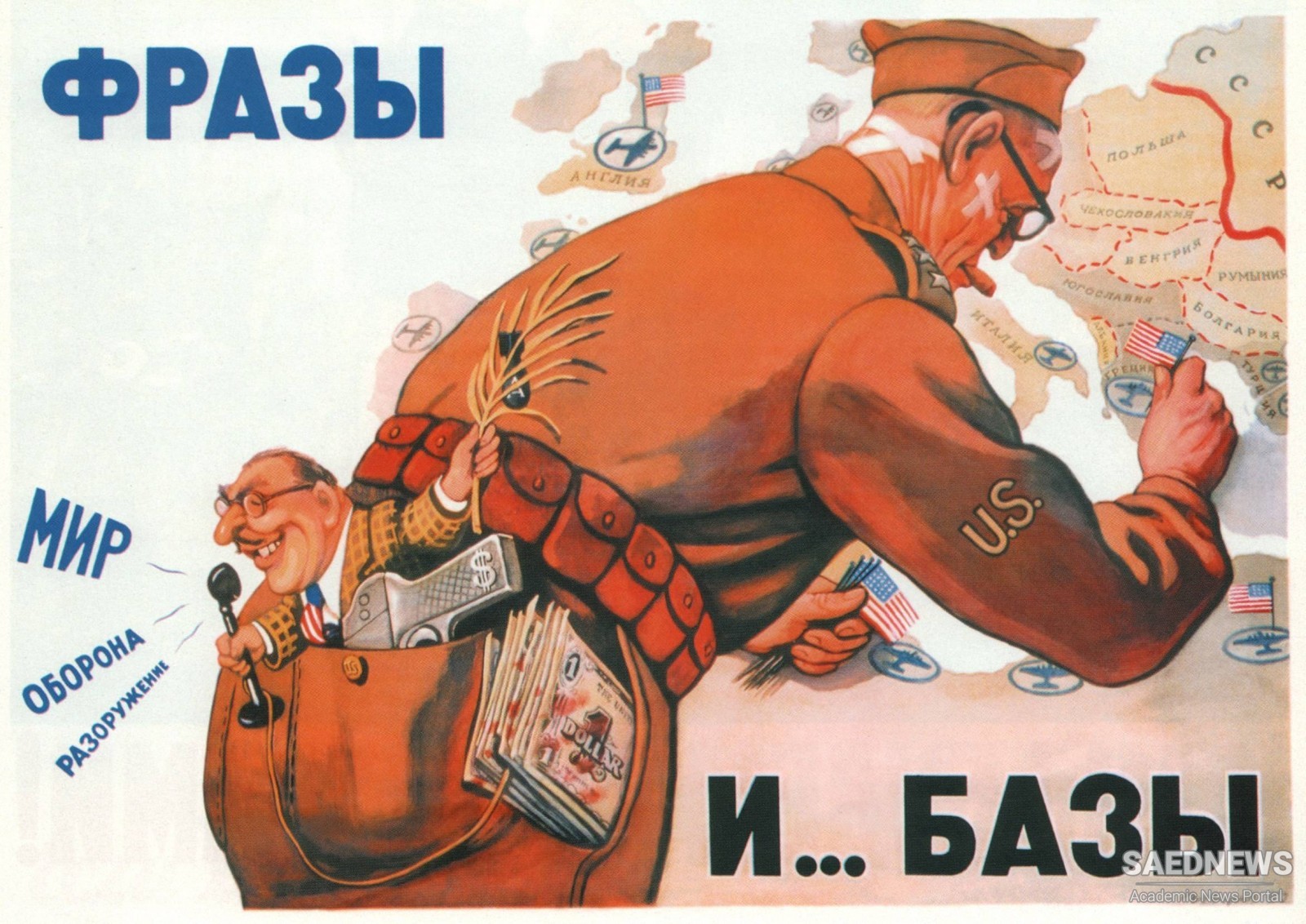An ordained minister of the Netherlands Reformed Church, he counseled war resistance during World War I (for which he was imprisoned) and was a leader of the Union of Christian Socialists and the International Anti-Militarist Bureau. His theory of nonviolent resistance to war embodied many of the ideas that Gandhi developed independently in South Africa and India. Preventing war requires not merely individual refusal, de Ligt wrote, but collective mass action. Not only would-be soldiers but all workers must refuse to provide their service and labor to the militarist system. The goal should be not only “down with weapons” but also down with hammers and tools. De Ligt urged pacifists and revolutionaries to make greater use of the methods of nonviolent resistance: civil disobedience, noncooperation, boycotts, strikes, and collective refusal to pay taxes or serve in the army. If the masses practice these methods, he insisted, “no power on earth can resist them.”
De Ligt’s ideas developed not only from moral reasoning but from pragmatic considerations. As weapons and war grow ever more lethal and all-encompassing, nonviolent means of resistance become the primary and most effective means of fighting for justice and peace. The same is true for the methods of political revolution. De Ligt was sympathetic to the Russian revolution but opposed the Bolshevik methods of war and terror. He advocated a “revolution of the revolution,” the overthrow of corrupt and oppressive regimes not through armed struggle but through nonviolent resistance.25 In these ideas de Ligt anticipated the theories of revolutionary nonviolence that were developed by Barbara Deming and others in the 1960s and that have been applied with increasing frequency in the decades since.
De Ligt worked tirelessly during the 1930s to prevent the impending world war. He called for a“permanent mobilization not only against war . . . but against all its causes, whether moral, political, social or economic.” His Plan of Campaign against War and All Preparation for War was proposed to the War Resisters International in 1934 and translated into several languages. It called for individual refusal and collective action against war. It contained demands for political, economic, and social justice to establish a stable peace. De Ligt’s plan was widely studied and discussed, but the anarcho-pacifist groups who attempted to implement it had little influence. Many on the left were increasingly committed to armed struggle against fascism, especially as the Spanish civil war unfolded, while a growing number of pacifists recognized the need for forceful sanctions against the rising fascist threat.


 Absolute Pacifism: From Ideals to Realities
Absolute Pacifism: From Ideals to Realities














































